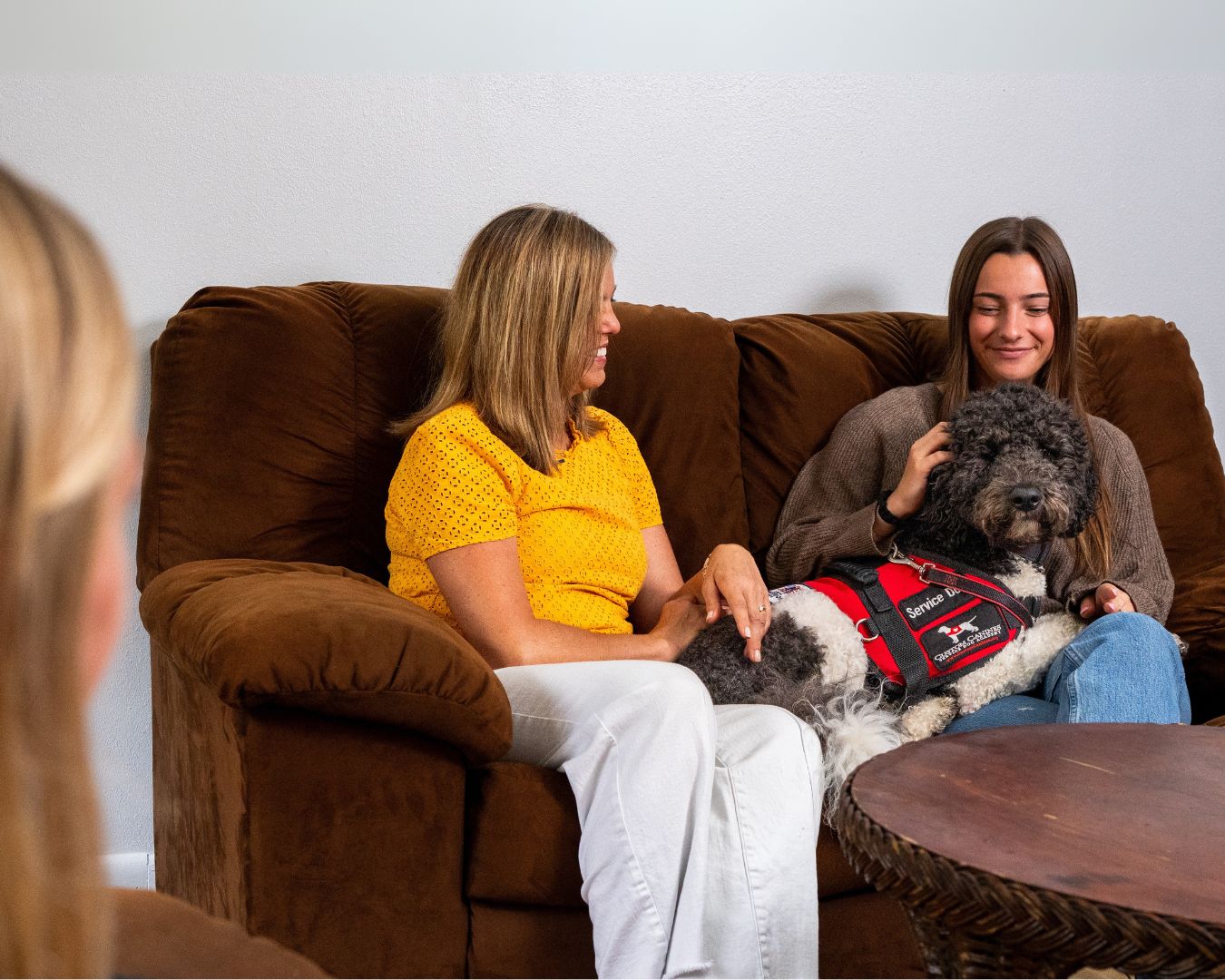Tellurian’s Housing and Homeless Services takes a two-pronged approach through our PSH and PATH Programs. These programs work in conjunction with each other by meeting those who are unhoused where they are at in the community, helping them apply for services and then supporting them in establishing long-term housing.

.png)
Tellurian’s Street Outreach Team serves unhoused individuals in Dane County. The PATH Program supports individuals living with serious mental illness acquire benefits, find housing, and establish disability. The outreach workers connect with individuals in the community to support them with accessing treatment or additional services, connection to providers, housing referrals, and transitioning into housing.
Tellurian’s PATH Program is apart of SAMHSA’s Nation Wide efforts to provide services to those living with mental illness.
The Tellurian Permanent Supported Housing program provides case management support to individuals who are transitioning into housing. The PSH program services those living with a mental health, substance use, or physical health diagnosis and are on the coordinated entry list. With over 20 different units throughout Madison and the surrounding areas PSH Case Managers provide trauma informed services with the goal of harm reduction. Supporting individuals through their recovery journey and providing housing no matter what stage of recovery they are in, is the primary goal of this program.
Opioid dependence is a challenging and complicated condition, but it can be successfully treated. Tellurian offers multiple medication assistant treatment options including: Suboxone®, Sublicaid, Vivitrol, and Brixadi. We offer these treatments in conjunction with our array of therapy options.
- Individual Therapy
- Group Therapy
- Family Therapy
- Couples Therapy
- Dialectical Behavior Therapy (DBT)
- Cognitive Behavioral Therapy (CBT)
- Eye Movement Desensitization and Reprocessing(EMDR)
- Mindfulness-based Cognitive Intervention (MBCT)
- Brain Spotting (BSP)
- Narrative Therapy
- Psychodynamic Psychotherapy
- Relaxation & Emotional Regulation
- Bibliotherapy
- Psychoeducation
- Strength-Based Therapies
- Motivational Interviewing
-And More

